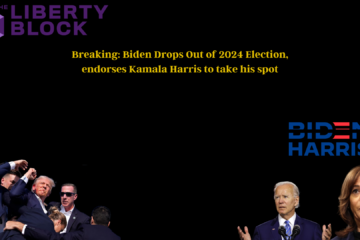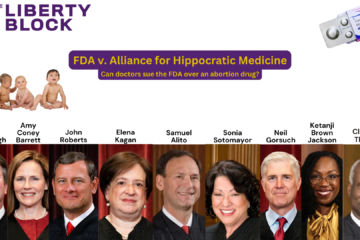New Hampshire Governor, Chris Sununu (R) has vetoed SB10, which was passed by the Democratic-controlled legislature. The bill would have increased the state’s minimum wage from $7.25 to $12 over the next 3 years. As the Governor pointed out in his veto message, the bill would have hurt workers. Additionally, the bill was anti-freedom and violates property rights of peaceful people who wish to engage in consensual transactions with their peers.
As we wrote in an article a few weeks ago:
A bill to increase the minimum wage for hourly, tipped, and youth workers has passed the Democratic New Hampshire House and has moved to the Senate, which is also controlled by the Democrats. All eight sponsors of the bill are Democrats. Republican Governor, Chris Sununu may veto the bill should it pass the Senate.
As the law currently stands, New Hampshire does not have a minimum wage. Therefore, the federal minimum wage of $7.25 per hour is the bottom hourly rate legally allowed in the state.Twenty other states also utilize the federal minimum wage requirement. While $7.25 seems like a terribly low salary, the states with this rate seemingly top the charts in every rank relating to economic performance and quality of life. Conversely, the states with the highest minimum wages (DC, California, Massachusetts, Washington) have the worst economies and the worst overall quality of life.
New Hampshire enjoys the top rank in economic freedom, prosperity, median household income, unemployment, quality of life, and safety year after year, despite the baseless attacks it receives from the radical left. This Ohio University study found New Hampshire to have the healthiest economy in the US.
Furthermore, only 3% of workers in New Hampshire earn $7.25 or less per hour. Keep in mind that the median household income in NH is #1 in the nation. You may be familiar with the phrases “Don’t mess with success” and “If it ain’t broke, don’t fix it”. New Hampshire is doing fantastically – better than the other 49 states – so why hurt the economy with regulations that have proven to hurt other states’ economies?
As we point out in a prior article, the minimum wage does not help anyone. It makes it illegal to employ people whose skills are not yet worth the new legal minimum wage. Such a law also perpetuates the idea that the government controls the economy and owns individual humans. Furthermore, artificially increasing wages by 66% would increase the amount of money that the state and federal governments steal from workers and employers via income and payroll taxes!

SB10 would increase the minimum wage incrementally over the next three years, leveling off at $12 per hour at the start of 2022. This would be a 66% increase in the current minimum wage. Such a dramatic change would be extremely damaging to the youth and low-skilled employees in this great state. The bill also increases the minimum wage of tipped employees to 50% of the minimum wage. As for youth workers, the bill states that “The minimum hourly rate for a person under 17 years of age shall be one dollar per hour less than the minimum hourly rate applicable under this section.”
Although only 3% of employees earn $7.25 or less, increasing the legal minimum wage would lift the entire economic ladder higher, putting moderate-jobs out of reach for low-skilled workers, but also putting high-level jobs out of reach for moderate-skilled workers. As the lowest-earning employees in a given company are paid more, their supervisors will demand raises, and their managers will demand raises in order to differentiate themselves from their subordinates. This domino effect destroys businesses and entire economies – which is the long term goal of the socialists. Once the ‘capitalist’ system fails, they can step right into the void and implement their authoritarian agenda.
The House Commerce Committee hearing will be on Thursday, May 9th, at 9:30 AM in room 102 of the Legislative Office Building. Public comments WILL be accepted.
**update**
Democrats tried unsuccessfully to override Sununu’s veto.


